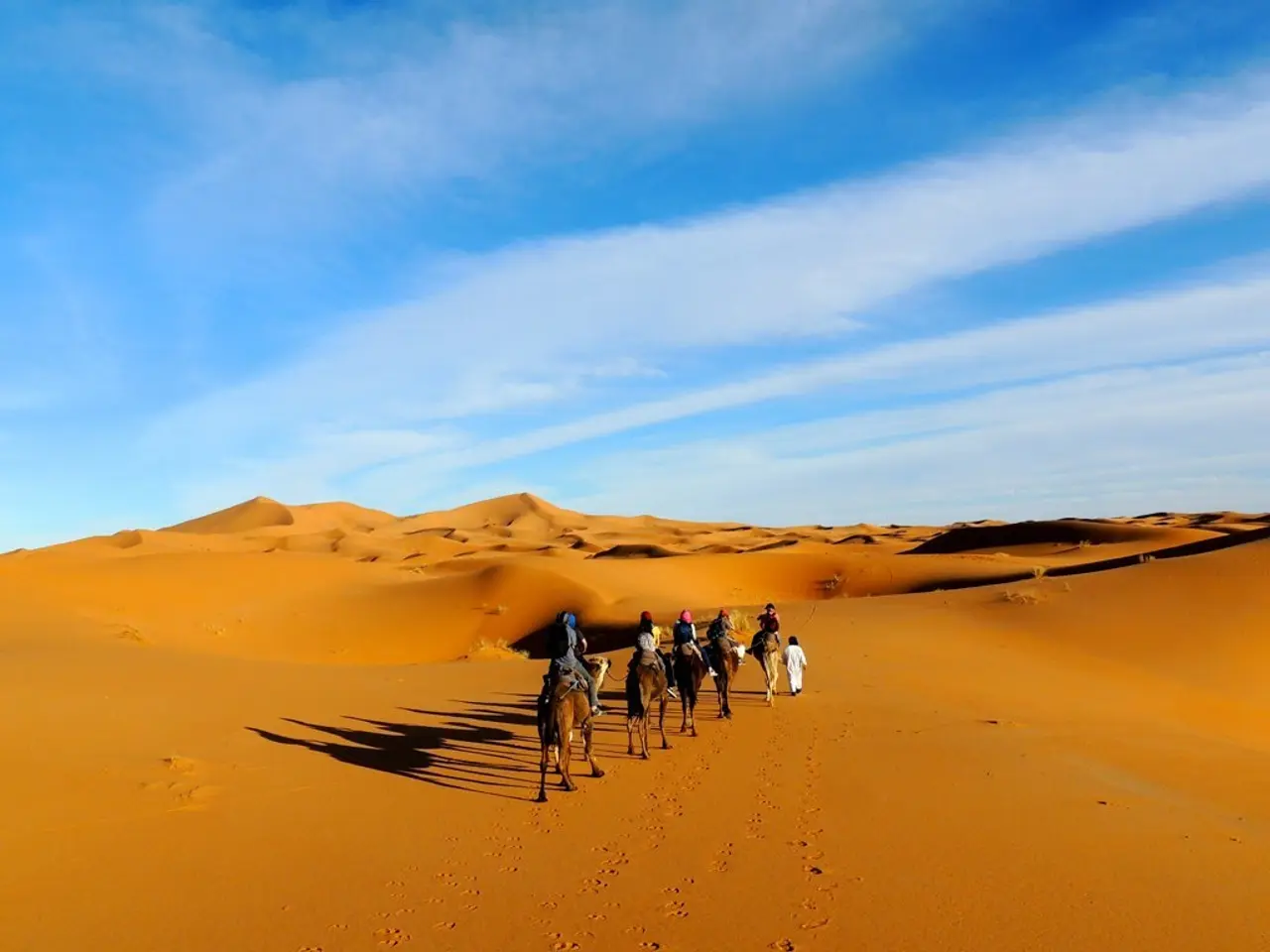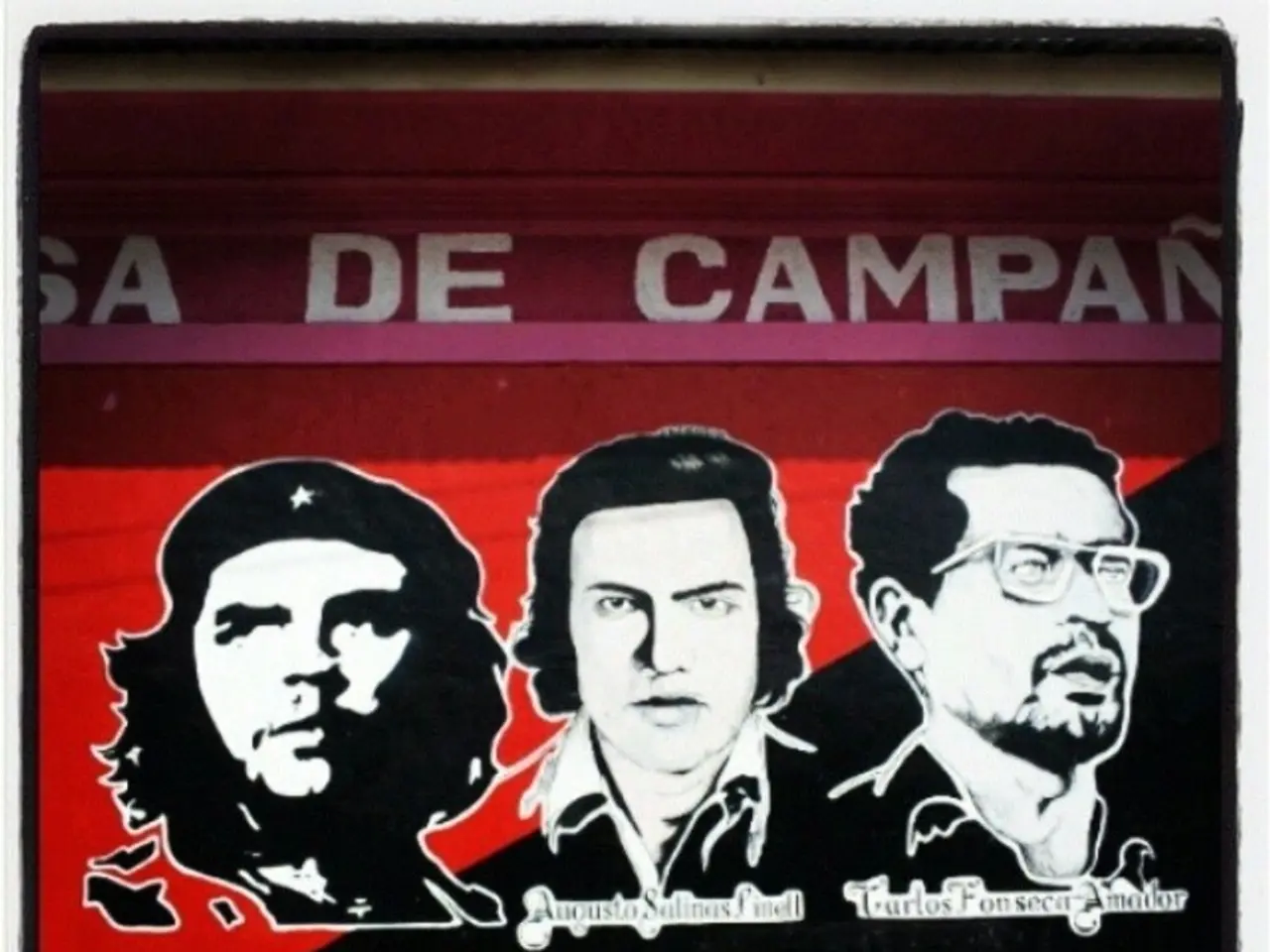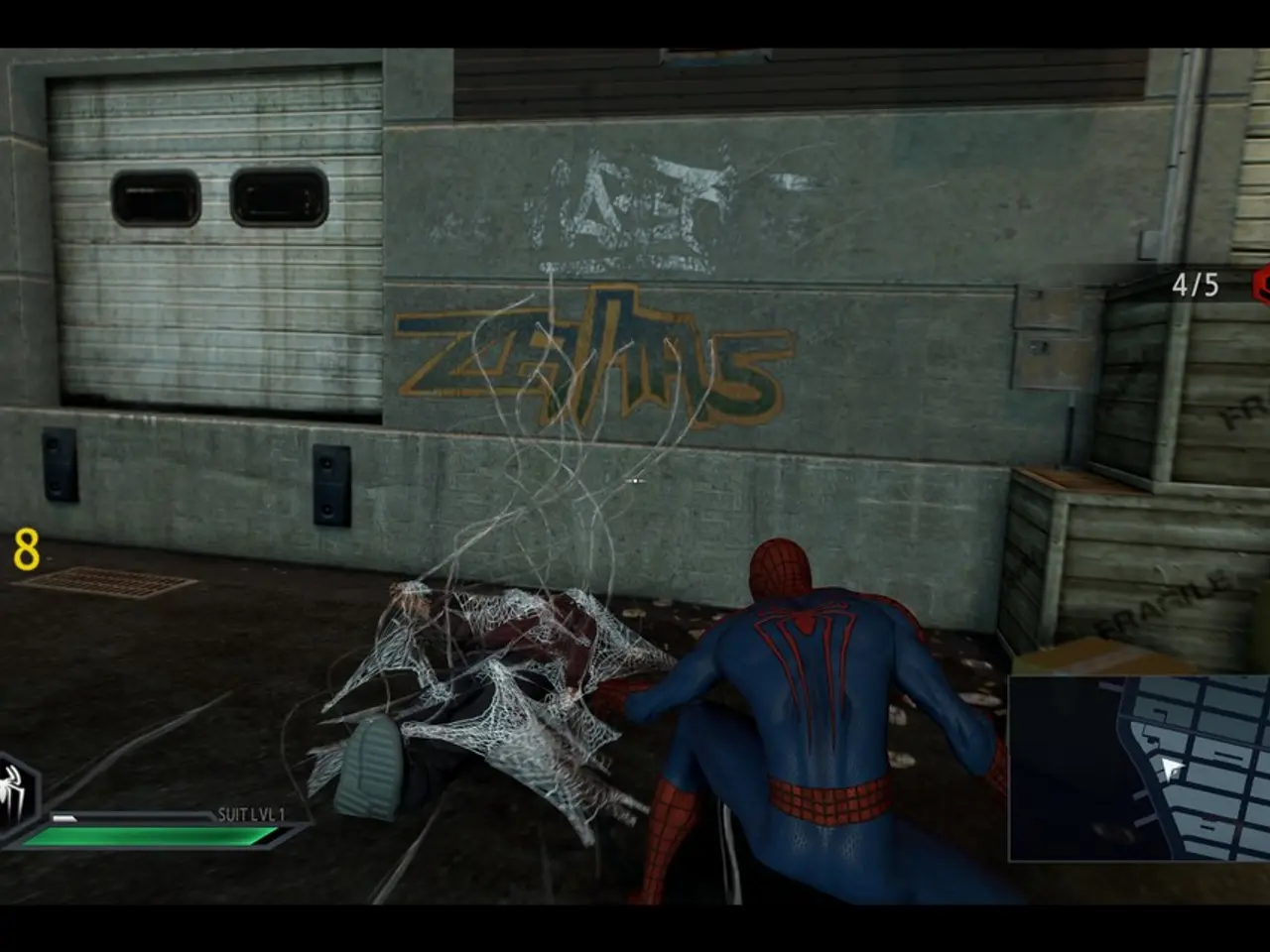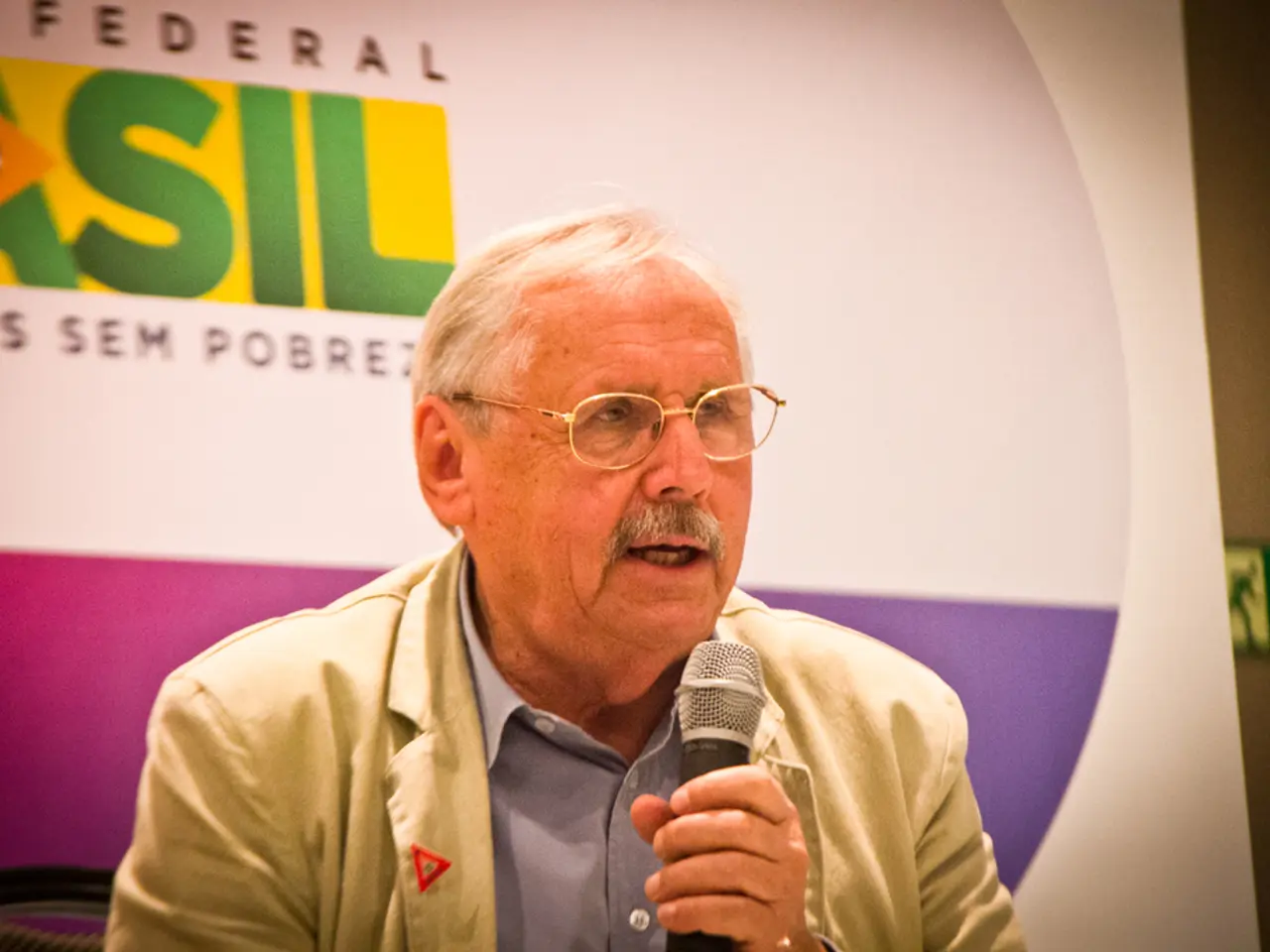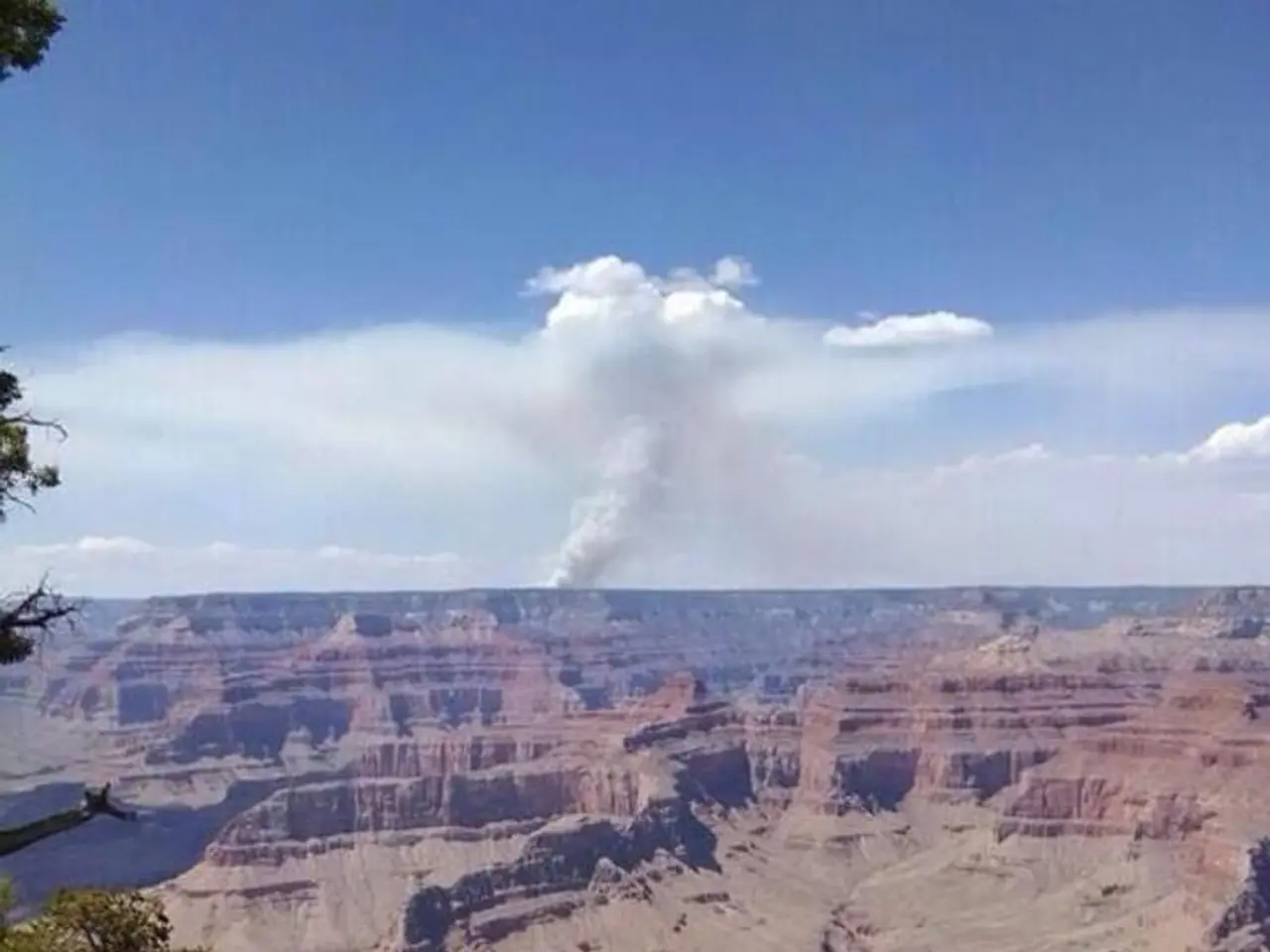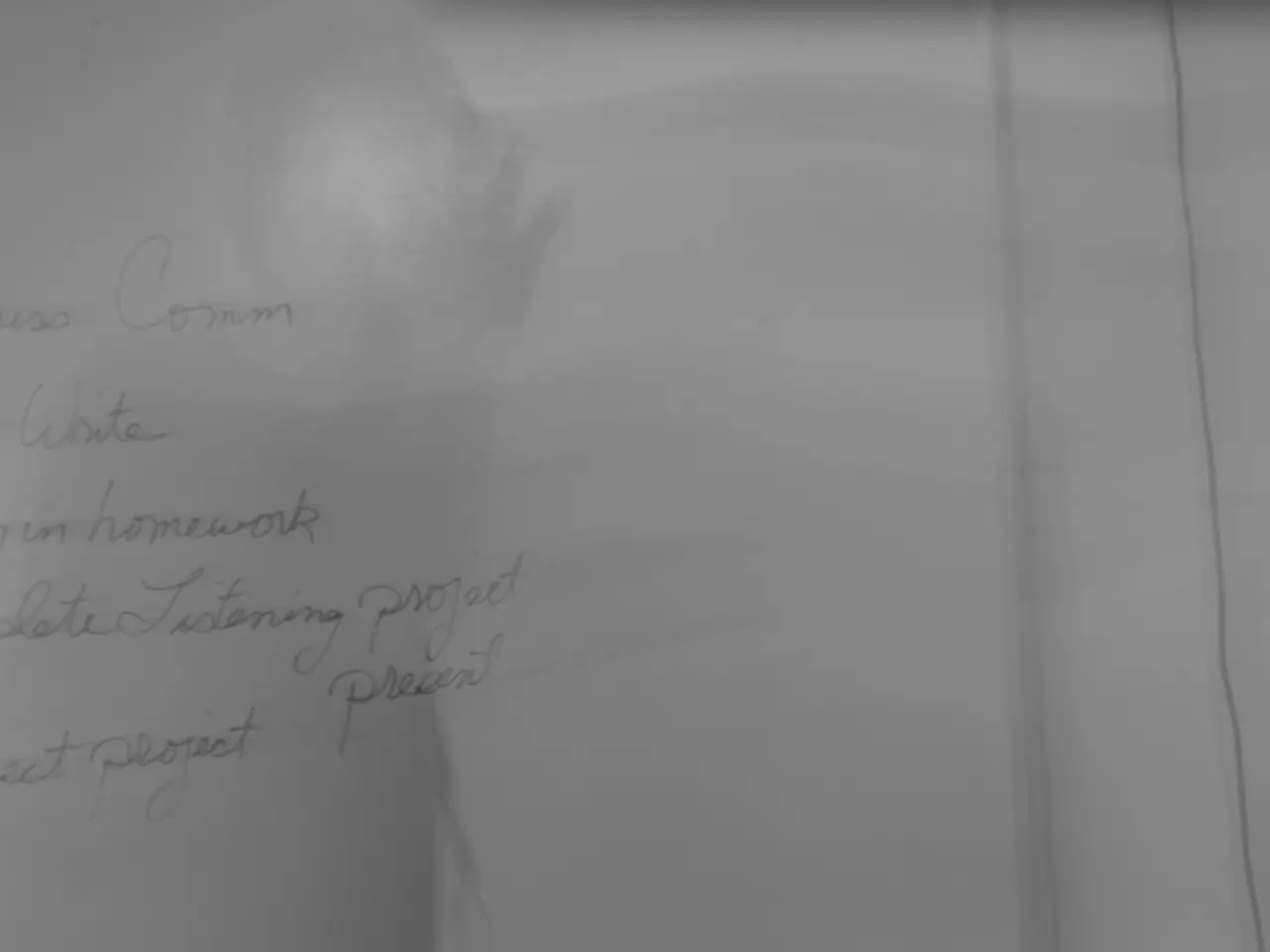Film director Christopher Nolan faces criticism due to his decision to film a movie in the politically contested region of Western Sahara.
In the world of filmmaking, Christopher Nolan's upcoming epic, The Odyssey, is making headlines for a different reason than its star-studded cast and groundbreaking IMAX filming. The film, slated for a theatre release on 17 July 2026, has been filming scenes in Western Sahara, a territory that is a source of ongoing dispute and human rights concerns.
Western Sahara, home to the indigenous Sahrawi people, is considered a non-self-governing territory by the United Nations. The region has been under Moroccan occupation since 1975, amidst an ongoing conflict with the Algerian-backed Polisario Front, which demands a referendum for self-determination.
The Western Sahara International Film Festival (FiSahara) has urged Nolan to cease production in Western Sahara, arguing that working in the occupied territory legitimizes Moroccan control, colonialism, and repression of the Indigenous Sahrawi population. However, no updates have been provided about whether the film's stars, Matt Damon, Tom Holland, and Charlize Theron, have commented on the controversy.
Similarly, no information about the film's response to the public statement issued by FiSahara has been disclosed. Neither Universal Studios nor Christopher Nolan has released any statements regarding the controversy surrounding the filming of The Odyssey in Western Sahara.
Parts of The Odyssey were shot in Dakhla, the capital of Morocco's Dakhla-Oued Ed-Dahab administrative region. While Moroccan officials see the film production as benefiting local tourism and promoting Dakhla as a filming destination, the criticism focuses on ethical and political implications.
Activists highlight documented human rights abuses by Moroccan authorities, including suppression of dissent, torture, forced disappearances, and restricted access for foreign journalists. The Sahara International Film Festival's executive director, Maria Carrion, stated that Nolan's choice to film in Western Sahara "legitimizes the occupation" and called on him not to use any footage from the area.
The controversy regarding The Odyssey in Western Sahara continues to persist, highlighting the complex intersection of art, politics, and human rights in disputed regions. Despite the acclaim and commercial interest, the film's production continues amidst calls from rights groups and festival organizers to suspend or exclude scenes shot in Western Sahara due to the territory’s disputed status and ongoing human rights concerns tied to Moroccan occupation.
[1] Amnesty International. (2021). Western Sahara: Moroccan authorities must end abuses against Sahrawi human rights defenders. Retrieved from https://www.amnesty.org/en/latest/news/2021/04/western-sahara-moroccan-authorities-must-end-abuses-against-sahrawi-human-rights-defenders/
[2] Human Rights Watch. (2020). Western Sahara: Moroccan Authorities Must End Abuses Against Sahrawi Activists. Retrieved from https://www.hrw.org/news/2020/04/28/western-sahara-moroccan-authorities-must-end-abuses-against-sahrawi-activists
[3] United Nations. (n.d.). Western Sahara. Retrieved from https://www.un.org/westernsahara/
[4] FiSahara. (2021). Press Release: FiSahara calls on Christopher Nolan to halt production of The Odyssey in Western Sahara. Retrieved from https://fisahara.org/press-release-fisahara-calls-on-christopher-nolan-to-halt-production-of-the-odyssey-in-western-sahara/
[5] The Guardian. (2021). Christopher Nolan's The Odyssey to be filmed in Western Sahara. Retrieved from https://www.theguardian.com/film/2021/apr/29/christopher-nolans-the-odyssey-to-be-filmed-in-western-sahara
The controversy surrounding Christopher Nolan's upcoming film, The Odyssey, has sparked discussions about the intersection of entertainment (movies-and-tv) and politics, as the production has been filming in Western Sahara, a territory with ongoing human rights concerns. This film, slated for a theater release in 2026, has been urged to cease production in Western Sahara by the Western Sahara International Film Festival, who argue that filming in the occupied territory legitimizes Moroccan control and repression of the Indigenous Sahrawi population.
